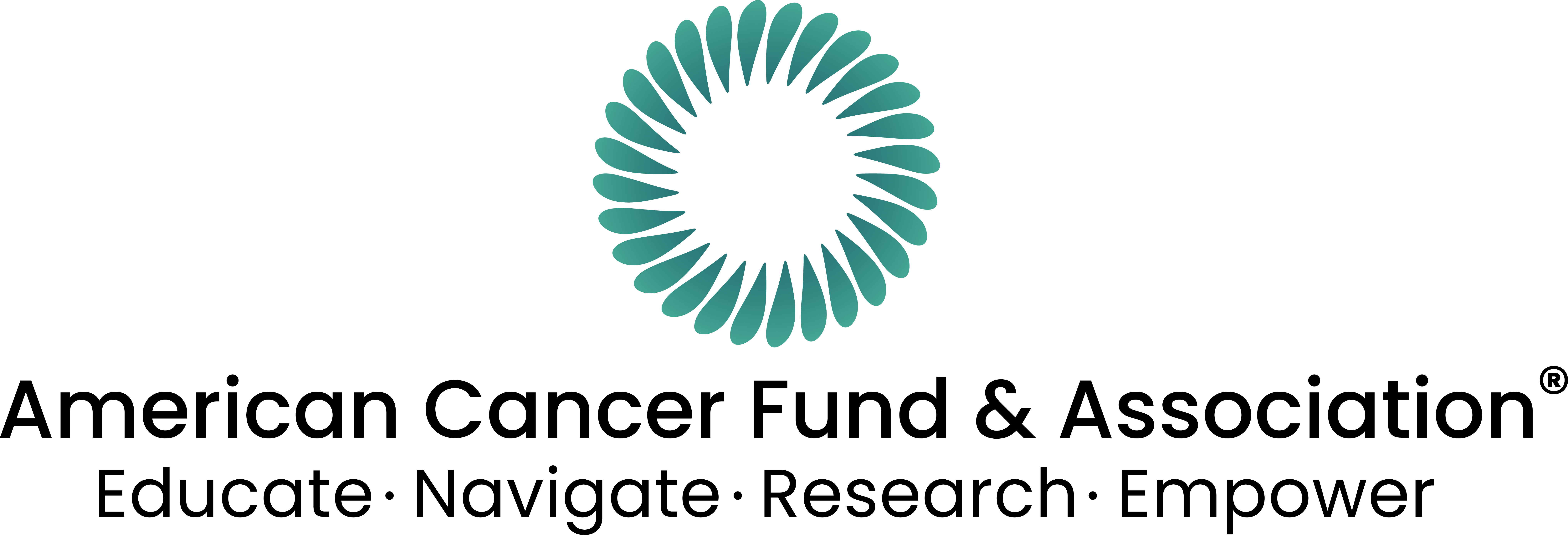Include The American Cancer Fund In Your Estate Plan
Secure Your Legacy and Fight Cancer
By including the American Cancer Fund in your estate plan, you can ensure that your legacy contributes to a world free of cancer. Through various options like bequests, charitable gift annuities, or naming the American Cancer Fund as a beneficiary of your retirement accounts or life insurance policies, you can make a substantial impact. Your gift will support cutting-edge research, vital patient services, and essential public education, creating a lasting impact on countless lives. Not only will your donation help drive breakthroughs in cancer treatment and prevention, but it will also provide hope and support to those battling this devastating disease. Join us in the fight against cancer and make a meaningful difference for future generations.
“I wish I could do more”
“I wish I could do more” is the comment we often hear from friends of ACF/ACA.
Planned Giving is a means of making a charitable gift part of a donor’s overall financial, estate, tax and philanthropic planning, maximizing the benefits to both the donor and the charity, and often achieving significant tax savings.
Increasing the impact of your giving often can be achieved at very low cost. It’s just a matter of planning WHAT to give, HOW to give and WHEN to give.
The following information illustrates many ways of making a “planned gift” and our staff can be of even more help.
donating through your estate may require professionals
What are Estate planners?
Estate planners are professionals who help individuals organize and manage their assets and estate to ensure their wishes are carried out efficiently after their death, often providing legal, financial, and tax advice.
The Privetera Group of Safe Harbor Financial, LLC has partnered with American Cancer Fund® to assist you with your estate planner needs.
Safe Harbor is a well known financial services corporation that is uniquely positioned to assist you with your financial planning needs.
The American Cancer Fund (ACF) and its subsidiary the American Cancer Association (ACA) appreciates the role that attorneys, estate planners and financial planning professionals play in the consideration of charitable gifts by ACF/ACA supporters. We welcome the opportunity to assist attorneys and estate or financial planners in providing their clients with accurate and current information related to charitable gifts.
you can do more with your
Stocks and Bonds
Charitable donations can take many forms, from the loose change you drop into a collection basket to carefully planned donations of significant size with important tax and financial implications. Many people, unfortunately, fail to recognize the financial benefits that can come through a contribution of appreciated property, such as stocks, bonds or mutual funds.
When you write a check to make a donation to a charity such as the American Cancer Fund, your donation gives you an income tax deduction. But if you made the same donation with appreciated assets, you receive a double tax benefit. You will get the immediate income tax deduction and avoid the capital gains tax that would be owed if that asset was sold by you.

When you donate stocks, bonds or mutual funds, you receive a tax deduction for the full, current fair market value of the property donated (assuming you have held the property for more than one year). It does not matter that you may have only paid $6,000 several years ago for a stock that is now worth $18,000. That $18,000 figure will be your charitable donation. As importantly, the $12,000 in taxable capital gains that you would face if you sold that stock does not apply when you transfer the stock as a contribution to a charity. And because, in most cases, the stocks or bonds or mutual fund shares can be easily transferred to ACF, you can also avoid the commission expense that would normally be due for the sale of the property.
Feel prepared for every appointment
Carrying the right information can empower you during your cancer care journey. Use these tools to help organize this information so you can be an active participant in your cancer care.
Keep them handy for use at home and bring them along to your doctor visits and other medical appointments.



